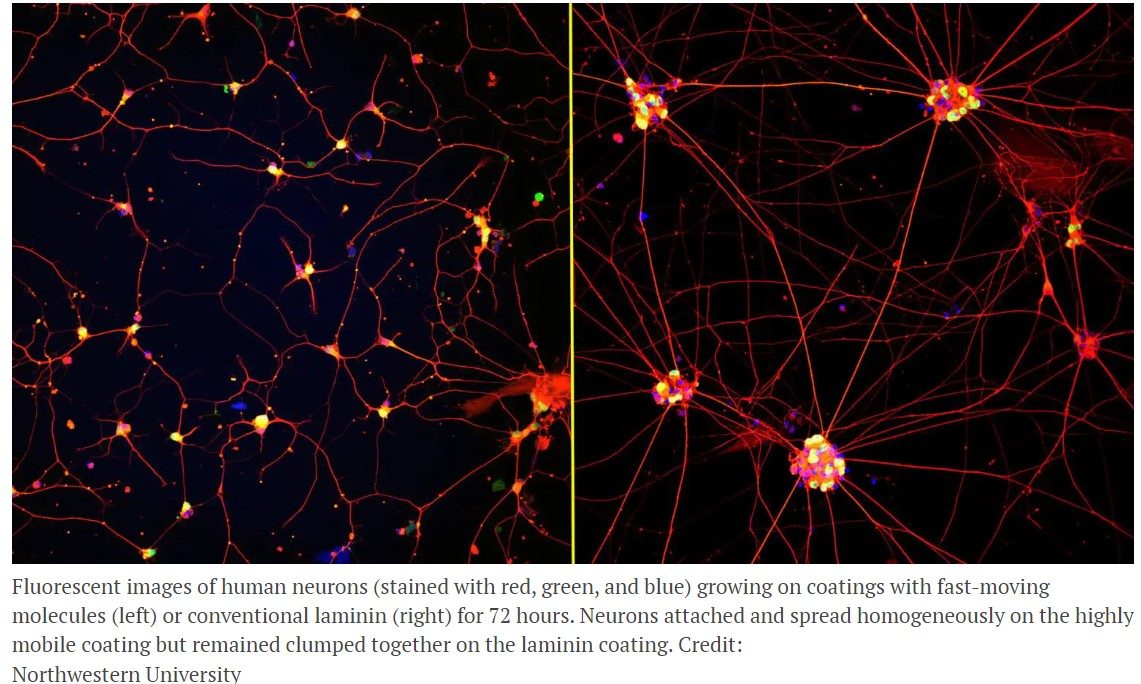
Mature “Lab Grown” Neurons Hold Promise for Neurodegenerative Diseases Like Alzheimer’s
- BiotechnologyInternational News
- No Comment
- 361
Researchers pushed the age limit of human neurons further than previously possible.
A team of researchers led by Northwestern University has achieved a breakthrough by producing the most mature neurons to date from human induced pluripotent stem cells (iPSCs). This advancement opens up new avenues for medical research and the possibility of transplantation therapies for conditions such as neurodegenerative diseases and traumatic injuries.
Previous efforts to turn stem cells into neurons have resulted in functionally immature neurons that resemble those from the early stages of development. The limited maturation achieved through current stem cell culture methods restricts their potential for studying neurodegeneration.
The study was recently published in the journal Cell Stem Cell.
Not only were the enriched neurons more mature, but they also demonstrated enhanced signaling capabilities and greater branching ability, which is required for neurons to make synaptic contact with one another. And, unlike typical stem cell-derived neurons which tend to clump together, these neurons did not aggregate, making them less challenging to maintain.
With further development, the researchers believe these mature neurons could be transplanted into patients as a promising therapy for spinal cord injuries as well as neurodegenerative diseases, including amyotrophic lateral sclerosis (ALS), Parkinson’s disease,
https://scitechdaily.com/mature-lab-grown-neurons-hold-promise-for-neurodegenerative-diseases-like-alzheimers/


